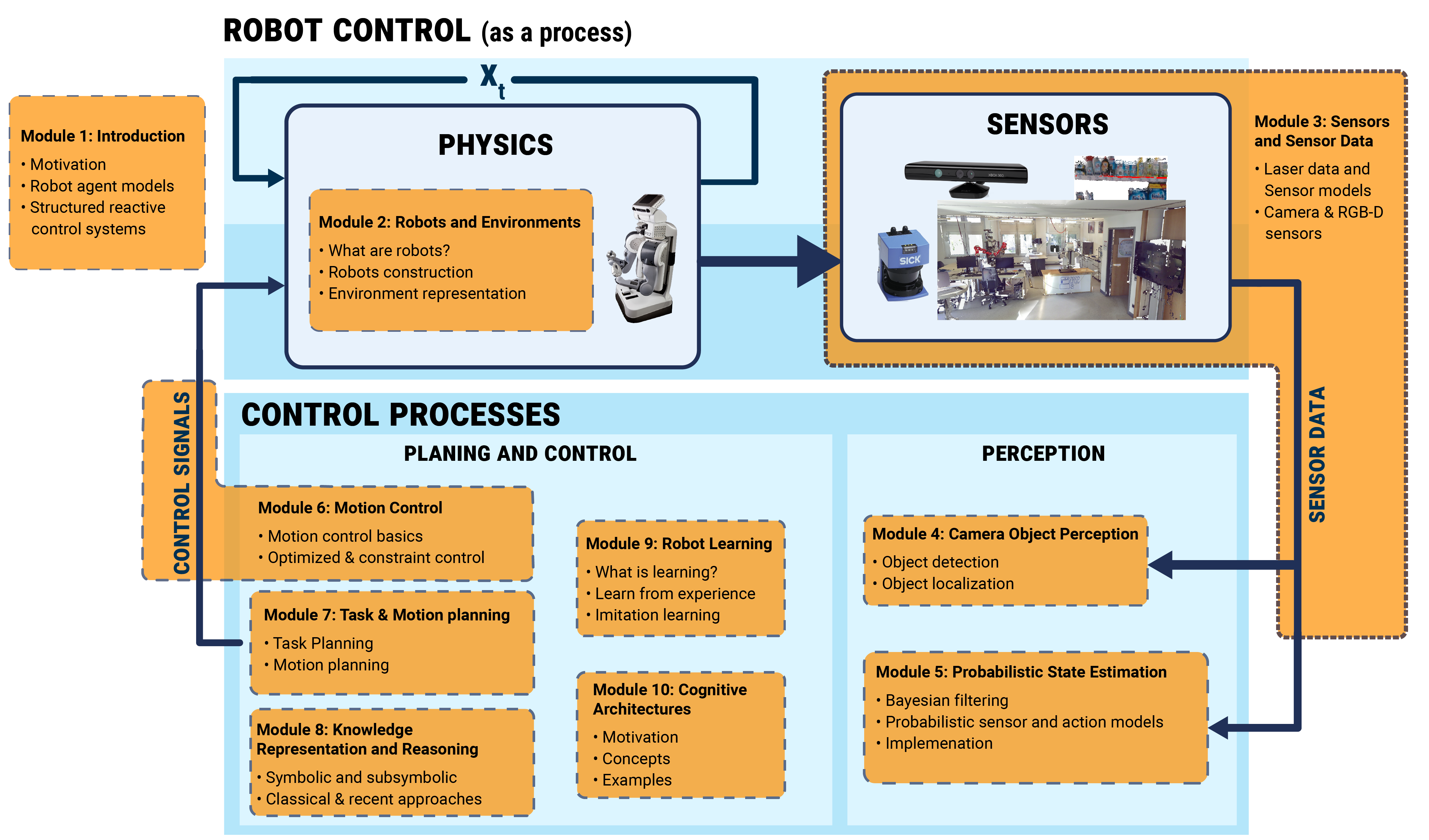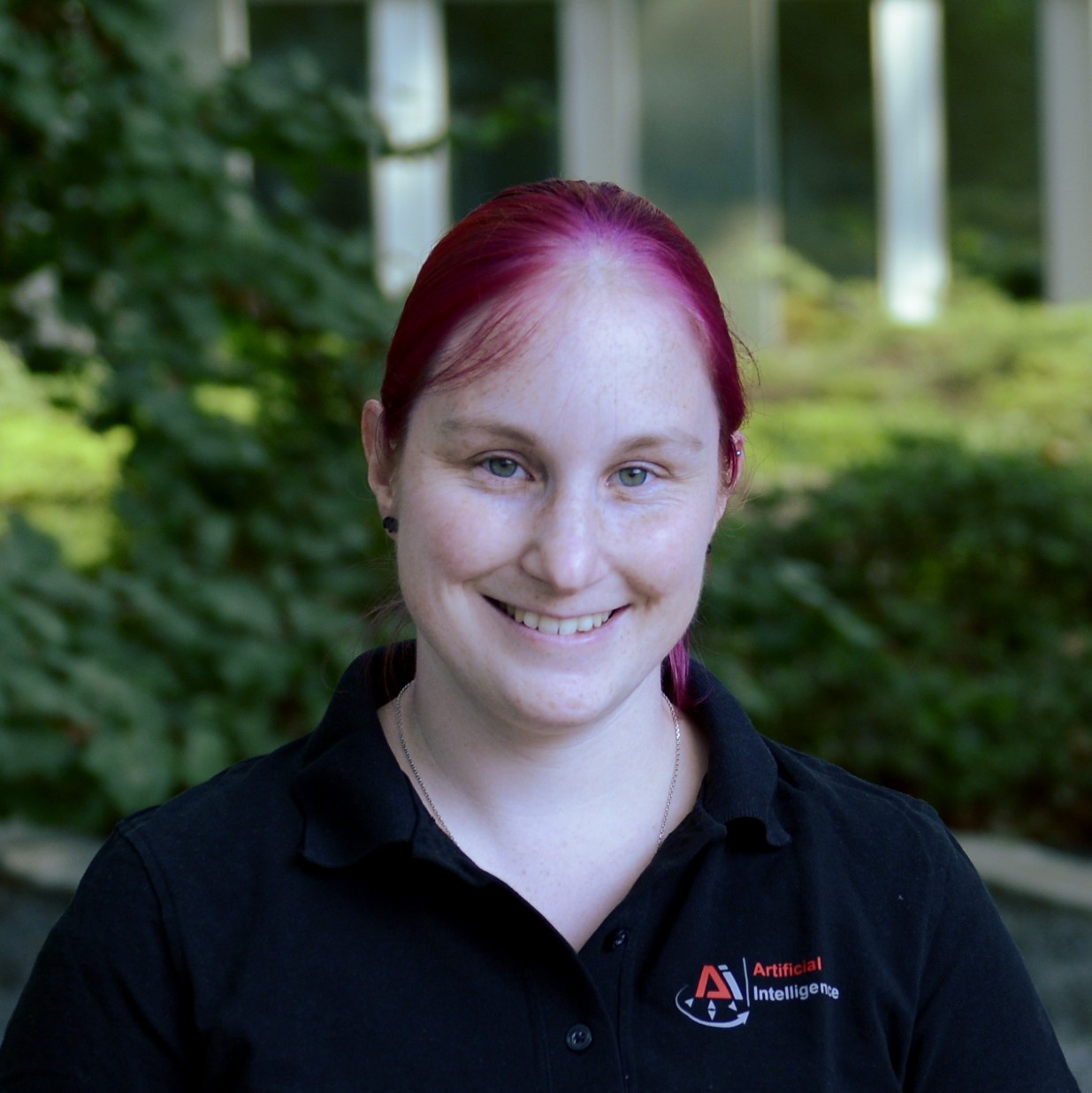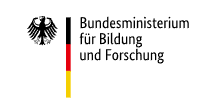Design and Implementation of Cognition-Enabled Robot Agents
The project: We developed an online course designed to train the next generation of software designers and engineers who will be able to realize software components for the robot agents of tomorrow. According to all the technology roadmaps we know, these will be able to assist humans in everyday activities, as well as in factories, as long-term assistants in science and inspection and maintenance robots in areas too dangerous for humans (especially in the oceans and in space), and as rescue robots for humans after natural disasters. This requires technology experts who are multidisciplinary, understand the interplay of diverse and complex robotic capabilities, know how to achieve robust and safe long-term operation and understand the ethical consequences and social implications of their work.
Project duration: 01.09.2020 - 28.02.2022
Background & Challenges: Despite the ease with which we as humans perform seemingly simple actions (e.g., finding objects in a cluttered environment or picking up and placing objects), it has proven notoriously hard to enable artificial agents to perform similarly well. This is because activities that seem mundane if not boring to humans, require a finely-tuned interplay of many components and the solution of several computationally hard problems.
If you want to pick up an object, for instance, you have to make sure that your body is positioned in the right distance and relation to the object such that you can actually reach the object with your hand. You also need to know how far to move your hand and in which direction, how far to open your fingers, and how much force to apply to properly grasp the object (you don’t want to crush it, but it also should not slip your grasp). If you now think of activities that require coordinating and sequencing such simple movements, you begin to glimpse the complexity of the problem. Moreover, to achieve human-like mastery, behavior needs to be flexibly adjustable to the current context and the agent should be able to learn from its past experiences.

Course Modules

Project Manager

Project Manager

Head of the Institute for Artificial Intelligence

Project Consultant

Didactic Consultant

Contact Us
Anbieter dieser Internet-Seiten ist im Rechtssinn die Universität Bremen
Universität Bremen
Arbeitsgruppe Künstliche Intelligenz
Fachbereich 3
Am Fallturm 1
28359 Bremen
Telefon +49 421 218-64000
Internet: www.ai.uni-bremen.de
Die Universität Bremen ist eine Körperschaft des Öffentlichen Rechts. Sie wird durch den Rektor Prof. Dr.-Ing. Bernd Scholz-Reiter gesetzlich vertreten. Zuständige Aufsichtsbehörde ist die Senatorin für Bildung und Wissenschaft, Rembertiring 8 – 12, 28195 Bremen. Umsatzsteuer-Identifikationsnummer gemäß § 27 a UStG Umsatzsteuer-Nr.: DE 811 245 070